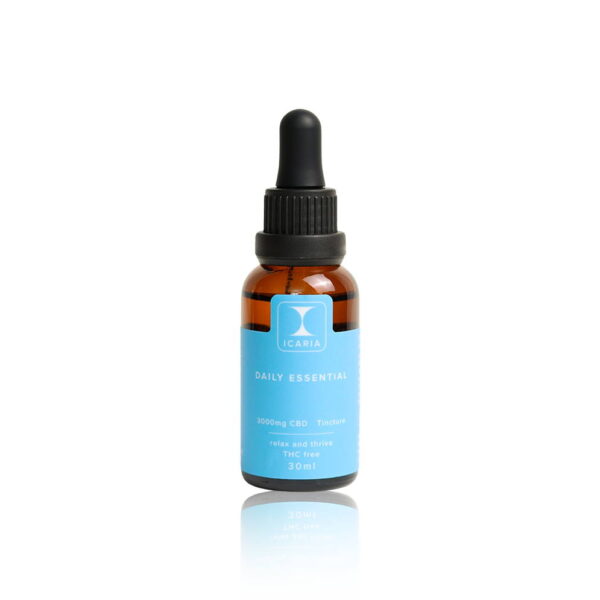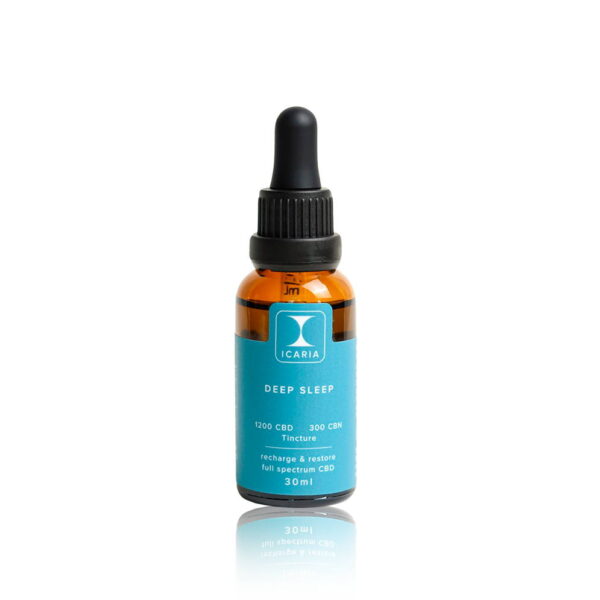In recent years, cannabidiol (CBD) has surged in popularity as a natural remedy for various health issues, from anxiety and chronic pain to sleep disorders and skin conditions. However, as with any substance that promises therapeutic benefits, it’s crucial to examine potential risks. One of the most pressing questions is: can CBD cause liver injury? Understanding this concern is vital for anyone considering incorporating CBD into their wellness routine.
What is Liver Damage and What Causes It?
The liver is a vital organ that performs numerous functions essential to maintaining overall health. It detoxifies the blood, produces bile for digestion, stores glycogen for energy, and regulates various metabolic processes. Liver damage, also known as liver injury, occurs when these functions are impaired due to various factors, including diseases, toxins, and medications.
Liver damage can manifest in several forms:
- Hepatitis: Inflammation of the liver, often caused by viral infections (hepatitis A, B, C) or excessive alcohol consumption.
- Fatty Liver Disease: Accumulation of fat in liver cells, often linked to obesity, diabetes, and alcohol abuse.
- Cirrhosis: Scarring of liver tissue, which can result from chronic liver diseases like hepatitis and long-term alcohol abuse.
- Liver Cancer: Malignant tumours in the liver, often resulting from chronic liver conditions such as hepatitis and cirrhosis.
Common symptoms of liver damage include jaundice (yellowing of the skin and eyes), fatigue, abdominal pain, swelling, and confusion. Early detection and management are crucial to prevent severe complications.
How Does CBD Work?
Cannabidiol (CBD) is a natural compound found in the cannabis plant. Unlike tetrahydrocannabinol (THC), another well-known cannabinoid, CBD is non-psychoactive, meaning it does not produce a “high.” CBD interacts with the body’s endocannabinoid system (ECS), which plays a critical role in regulating various physiological processes, including pain perception, immune response, mood, and sleep.
The ECS consists of endocannabinoids (cannabinoids produced by the body), receptors (CB1 and CB2), and enzymes that synthesize and degrade endocannabinoids. CBD influences the ECS by interacting with these receptors and modulating the activity of enzymes, thereby promoting balance (homeostasis) within the body.
Due to its wide range of potential therapeutic effects, CBD has been studied for its benefits in managing conditions such as:
– Chronic pain and inflammation
– Anxiety and depression
– Epileptic seizures
– Sleep disorders
– Neurodegenerative diseases
How Can CBD Affect the Liver?
The question of whether CBD can cause liver injury is complex and multifaceted. While CBD is generally considered safe and well-tolerated, some studies suggest that it may have an impact on liver function, particularly at high doses.
Research Findings
1. Preclinical Studies:
Animal studies have provided some insights into the potential effects of CBD on the liver. For instance, a study conducted on mice found that extremely high doses of CBD (up to 2460 mg/kg) led to liver toxicity in some subjects. It’s important to note that the doses used in these studies were significantly higher than what is typically consumed by humans.
2. Clinical Studies:
Human studies on CBD’s effects on the liver are more limited but offer valuable information. In clinical trials involving Epidiolex (a CBD-based medication approved by the FDA for treating certain forms of epilepsy), some patients experienced elevated liver enzymes, indicating potential liver stress. These trials involved high doses of CBD (up to 20 mg/kg/day), which are much higher than the typical doses used for general wellness purposes.
Factors Influencing Liver Impact
Several factors can influence whether CBD causes liver injury, including:
- Dosage: Higher doses of CBD are more likely to cause liver-related side effects. It’s essential to start with a low dose and gradually increase it while monitoring for any adverse effects.
- Formulation: The form in which CBD is consumed (oil, capsule, topical, etc.) can affect its absorption and impact on the liver. Oral CBD passes through the digestive system and liver, potentially causing more stress on the organ compared to topical applications.
- Individual Health: Pre-existing liver conditions or other health issues can make an individual more susceptible to liver injury from CBD.
- Drug Interactions: CBD can interact with other medications metabolized by the liver, potentially leading to increased liver enzyme levels and liver stress.
Monitoring and Safety
For individuals using CBD, particularly those with pre-existing liver conditions or those taking other medications, it is advisable to:
- Consult a Healthcare Provider: Before starting CBD, consult with a healthcare provider, especially if you have liver issues or are on medications that affect liver function.
- Start Low and Go Slow: Begin with a low dose of CBD and gradually increase it, observing for any side effects.
- Monitor Liver Function: Regular liver function tests can help detect any changes in liver enzymes, providing an early indication of potential liver stress.
Conclusion
The question of whether CBD can cause liver injury is still being explored, with current research offering mixed results. While high doses of CBD have shown potential for liver toxicity in preclinical studies, typical doses used for general wellness purposes are less likely to cause significant harm. However, factors such as individual health conditions, the form of CBD used, and potential drug interactions must be considered.
For those interested in incorporating CBD into their wellness routine, it is essential to approach it with caution. Starting with a low dose, consulting with healthcare providers, and monitoring liver function are prudent steps to ensure safe usage. As research continues to evolve, staying informed about the latest findings will help make educated decisions about CBD and its impact on liver health.
In conclusion, while the potential for CBD to cause liver injury exists, it is manageable with careful consideration and responsible usage. The benefits of CBD for various health conditions can be significant, but as with any supplement or medication, understanding the risks and how to navigate them is key to maintaining overall well-being.







